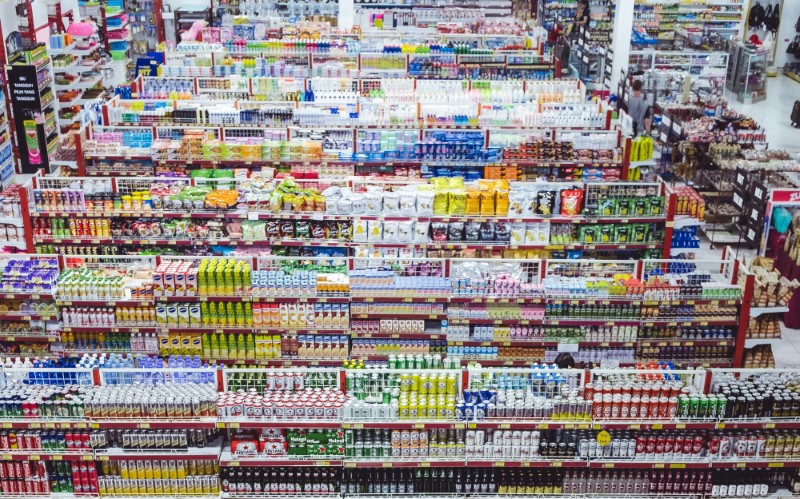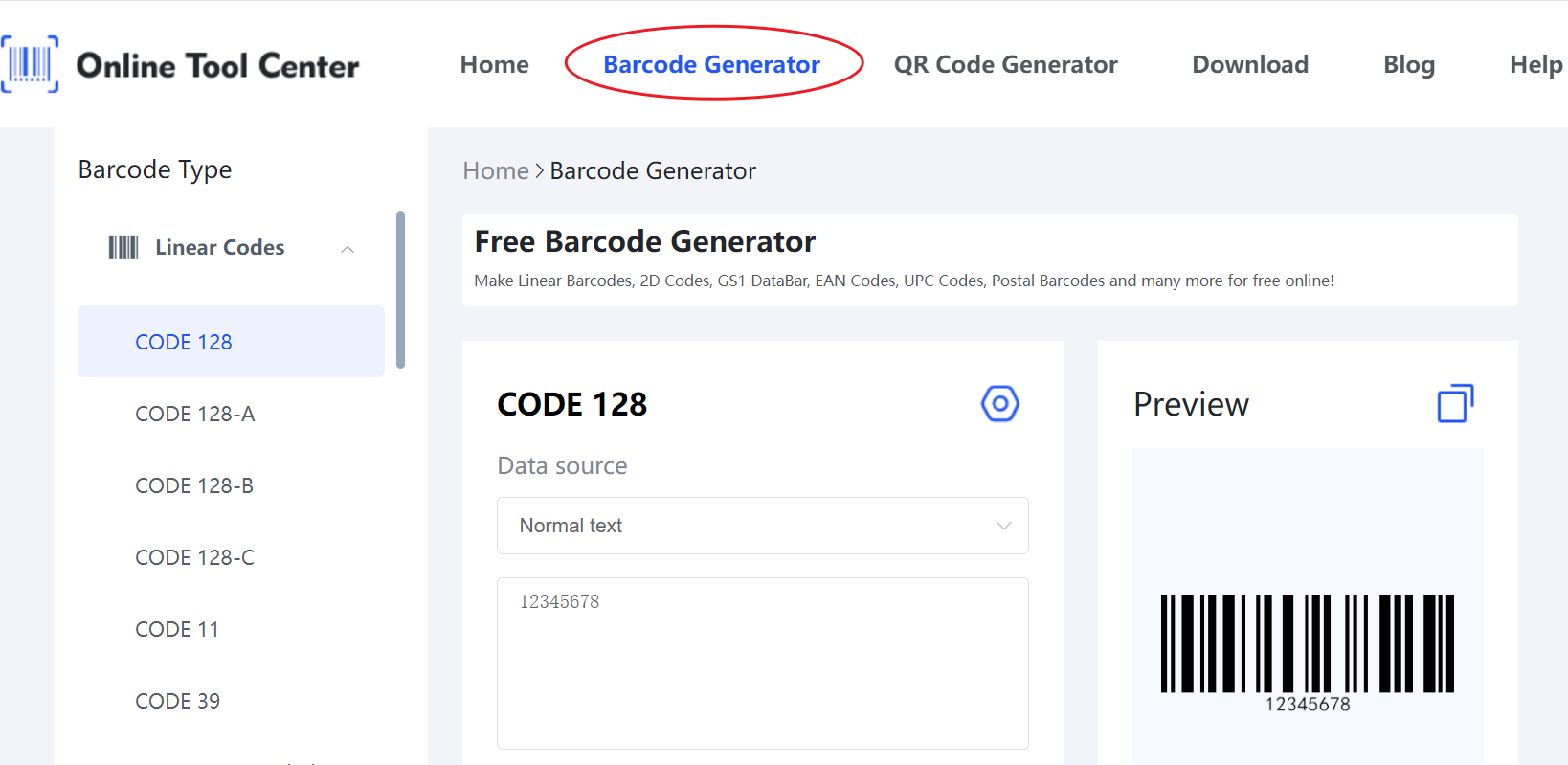Who Invented the Barcode?
The barcode, a seemingly simple array of black and white lines, is a revolutionary technology that has transformed industries worldwide.
But who invented the barcode? The invention is credited to Norman Joseph Woodland and Bernard Silver, two innovative minds whose work in the late 1940s and early 1950s laid the groundwork for modern automated identification systems.
The Genesis of the Barcode Concept
The story begins in 1948 at Drexel Institute of Technology in Philadelphia.
Bernard Silver overheard a conversation between a supermarket executive and the dean about the need for a system to automate the checkout process. Silver shared this idea with his friend Norman Woodland, who was intrigued and began contemplating potential solutions.
Norman Woodland drew inspiration from Morse code, a system he had learned as a Boy Scout.
He believed that if Morse code could encode information using dots and dashes, a similar system could use lines of varying widths to represent data. Woodland famously spent time on a Florida beach, drawing lines in the sand to refine his concept.
When Were Barcodes Invented?
The breakthrough came in October 1949 when Woodland and Silver filed a patent for their barcode system. Their initial design, known as the "bullseye" barcode, featured concentric circles.
This design was practical for the technology of the time but was eventually refined to the linear barcode format. On October 7, 1952, the U.S. Patent Office granted them Patent No. 2,612,994 for their "Classifying Apparatus and Method."
Overcoming Technical Challenges
The invention of the barcode was only the beginning. The next challenge was developing a reliable scanner to read the codes.
Early scanning technology was not advanced enough to decode the information efficiently. It wasn't until the 1970s that advancements in laser technology made it feasible to read barcodes quickly and accurately.
In 1973, the Uniform Grocery Product Code Council adopted the Universal Product Code (UPC) as the standard barcode for retail products.
And when were barcodes first used in supermarkets? The first commercial use of the UPC barcode occurred on June 26, 1974, when a pack of Wrigley's Juicy Fruit gum was scanned at a Marsh supermarket in Troy, Ohio.
Technical Evolution and Variants
Barcodes encode data using a combination of black and white bars of varying widths. There are two primary types of barcodes:
● 1D Barcodes (Linear Barcodes): These include the familiar UPC and EAN codes used in retail. They store information in a linear format and are ideal for simple, low-data applications.
● 2D Barcodes: QR codes and Data Matrix codes fall into this category. They can store significantly more information than 1D barcodes by encoding data both horizontally and vertically.

Impact Across Industries
The implementation of barcodes has revolutionized numerous industries by improving efficiency, accuracy, and data management:
1. Retail: Barcodes facilitate rapid checkout, efficient inventory management, and accurate pricing, reducing human error and operational costs.
2. Healthcare: They enhance patient safety by ensuring accurate medication administration and improving inventory control for medical supplies.
3. Manufacturing: Barcodes streamline production processes, enable just-in-time inventory systems, and enhance supply chain visibility.
4. Logistics and Transportation: Barcodes improve the tracking of shipments, inventory management, and reduce errors in the supply chain.
Today, barcodes are ubiquitous in daily life. They are used in various applications, from tracking library books to boarding passes for flights. The advent of smartphones has further expanded barcode usage, enabling mobile ticketing, loyalty programs, and contactless payments through QR codes.
How to Create Barcodes Today?
Generating barcodes has never been easier. An online free barcode generator allows users to create custom barcodes for a variety of purposes. Our barcode generator offers a user-friendly platform where you can generate barcodes and QR codes effortlessly.
This service supports multiple formats, making it suitable for diverse applications, whether for business inventory, event management, or personal projects.

All in all, in exploring who invented the barcode, we uncover the innovative spirit of Norman Joseph Woodland and Bernard Silver.
Their pioneering work in the late 1940s and early 1950s set the stage for a technology that would revolutionize data management and automation across multiple industries.
The invention of the barcode and its subsequent evolution underscore the importance of technological innovation in solving practical problems.
Explore the power of barcodes and start generating your barcode with an online barcode generator.





